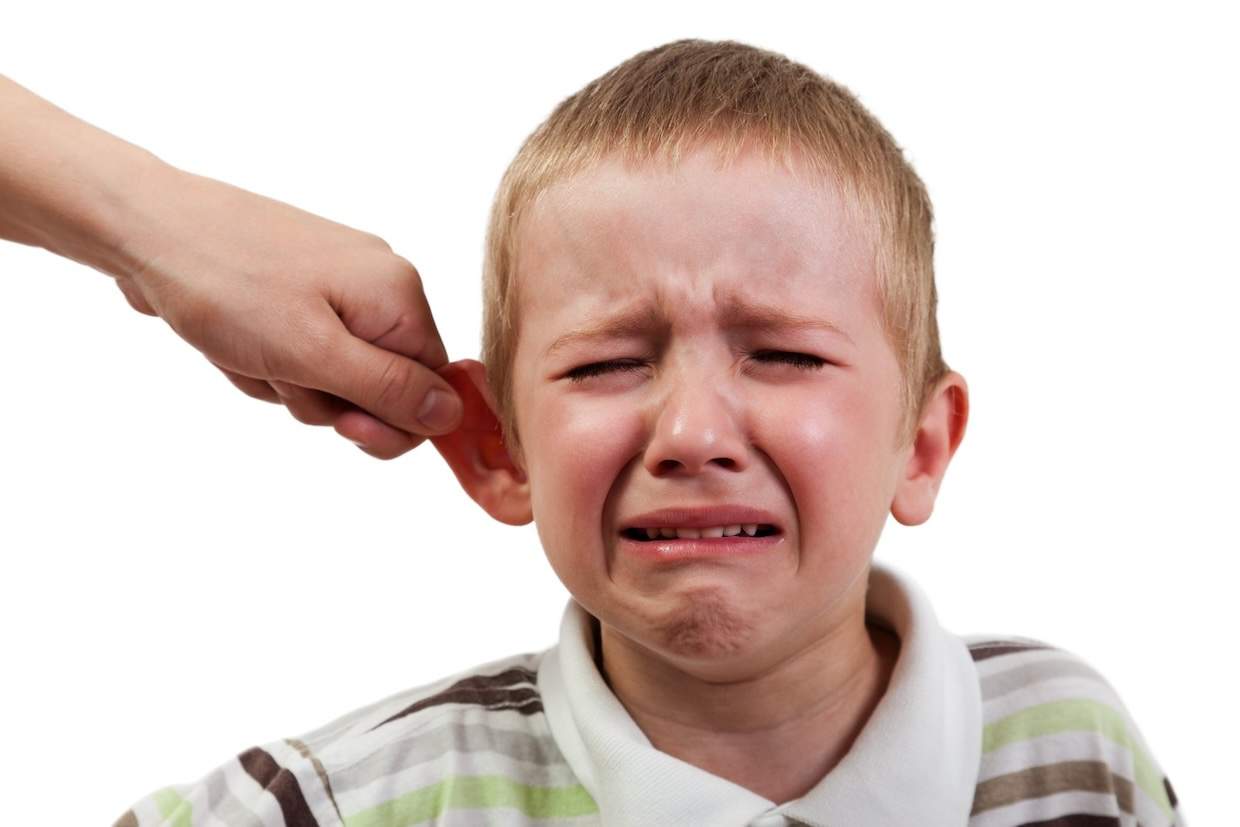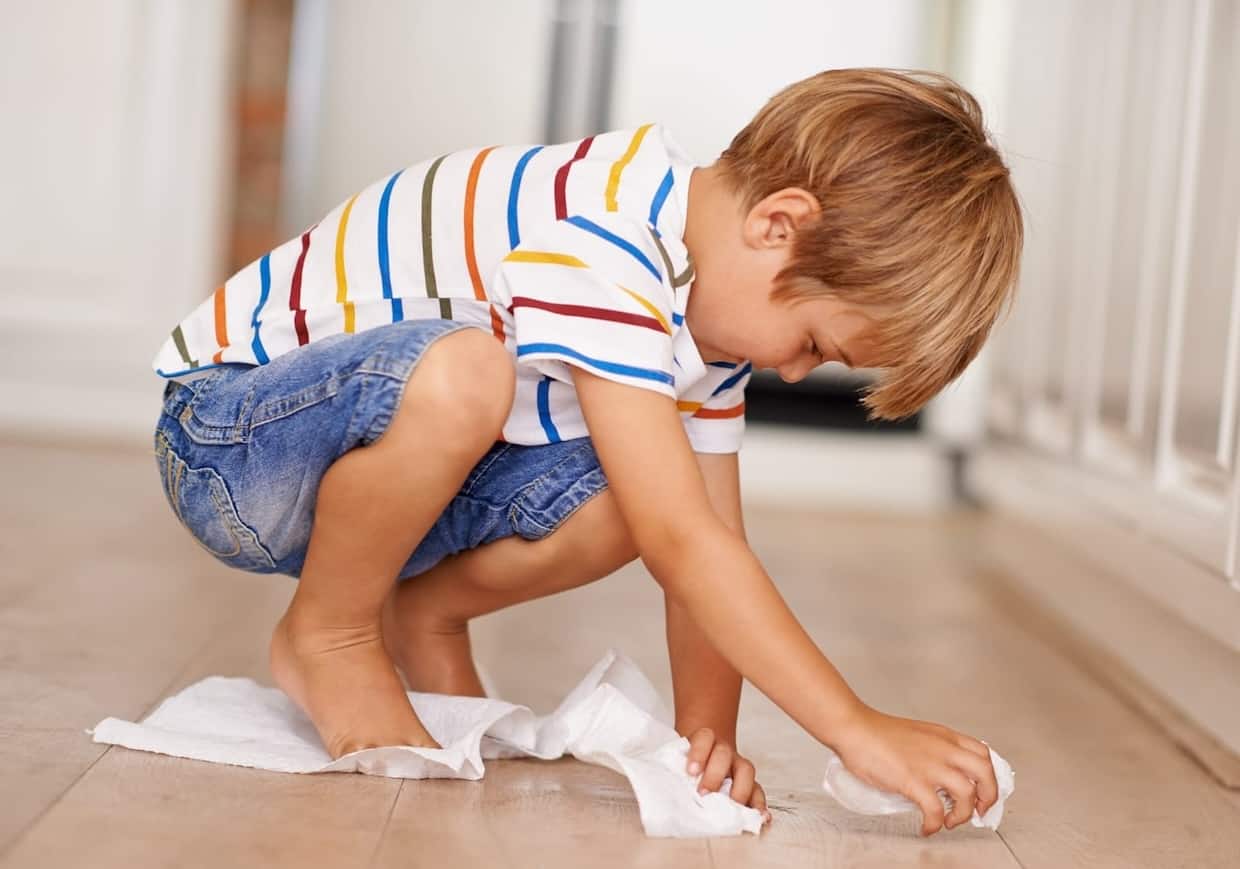Parenting is an ever-evolving journey filled with challenges and important decisions, especially when it comes to choosing the right parenting style. Authoritarian parenting has been around for generations, but it is becoming increasingly clear through child development and psychology studies that this parenting style is outdated and ultimately ineffective. Delve into the reasons why.

Understanding authoritarian parenting
Remember those old black and white photos where kids sit stiffly with perfect posture, hands folded, not daring to breathe? That’s the vibe of authoritarian parenting — strict rules, high demands and a parent-child dynamic where obedience is valued above all else. Punishments for disobedience are often harsh and may include physical discipline. This style of parenting leaves little room for discussion or negotiation, with the parent holding all the power.
It’s necessary to look at the historical context to understand why authoritarian parenting became prevalent. In the past, authoritarianism was often seen as necessary for maintaining order and discipline within the family unit. Parents believed that strict control was essential for shaping their children into respectable members of society. Emotions were seen as disruptive, and strict rules were believed to be the key to raising well-behaved, successful adults. However, as societal norms evolve, the approach to parenting must too.
The pitfalls of authoritarian parenting
So, what’s wrong with this picture-perfect obedience? Here’s the thing: kids are little people, not robots you can program. Authoritarian parenting stifles their natural curiosity, play and exploration. Imagine a child who’s constantly told no to without explanation. How will they learn to make good choices on their own? They might become withdrawn, lacking the confidence to try new things.
Here’s another problem: the fear factor. Authoritarian parenting often relies on fear of punishment to keep kids in line. This can lead to anxiety and a poor parent-child relationship built on control rather than trust. Kids raised in this environment might become experts at hiding their true selves, which isn’t exactly a recipe for open communication as they grow older.

The effects of authoritarian parenting go beyond just creating grumpy teenagers. Out of many, one research in the Journal of Child and Family Studies has shown that children raised in this environment are more likely to experience:
- Low self-esteem: Constant criticism and a lack of positive reinforcement can damage a child’s sense of self-worth.
- Depression and anxiety: The pressure to please and the fear of punishment can lead to mental health issues.
- Difficulty with relationships: Kids who struggle to express themselves or haven’t learned healthy ways to manage emotions can have trouble forming positive relationships in the future.
- Rebellion: Sometimes, the pressure cooker explodes. Kids raised with strict rules might rebel in their teenage years, acting out as a way to express themselves and gain some control.
“My four siblings and I were raised in an authoritarian household. My father came from a very strict military family, and my mother often said her parents never showed her physical affection, and she turned out okay. As children, our decisions were made for us, and we never had an opportunity to experience decision-making in a safe environment. All of my siblings and I experienced some level of self-esteem and mental health issues. There was very little room for grace, patience and personal growth in my childhood home. It took me years to learn how to healthily manage my emotions.”
— Micah Klug, Home Faith Family
Alternatives to authoritarian parenting
Fortunately, there are alternative parenting styles that are far more effective in nurturing healthy, well-adjusted children. One such approach is authoritative parenting, which combines warmth and support with clear expectations and boundaries. Unlike authoritarian parents, authoritative parents encourage open communication and foster independence in their children.

Cultural norms play a significant role in shaping parenting styles around the world. In some cultures, authoritarianism may still be prevalent due to deeply ingrained beliefs about respect and obedience. However, as global perspectives on child-rearing continue to evolve, there is a shift towards more balanced and empathetic approaches to parenting.
If you were raised in an authoritarian household, breaking the cycle can be challenging but ultimately rewarding. It’s essential to recognize the impact that your upbringing may have had on your parenting style and make a conscious effort to change it. Seek out resources to learn healthier ways of interacting with your children, and you’ll be rewarded with deep and mutually respectful relationships with them.
This doesn’t mean there won’t be challenges. Starting from toddler years, kids will still push boundaries and test your patience. But by fostering a relationship built on trust and communication, you’ll raise confident, independent children who are well-equipped to navigate the complexities of the modern world.
One last thing
In conclusion, authoritarian parenting is a relic of the past that no longer serves the needs of today’s children. While it may seem effective in the short term, its long-term consequences can be detrimental to a child’s well-being. Embracing more nurturing and empathetic approaches to parenting can create healthier and happier families. It’s time to leave authoritarianism behind and embrace a brighter future for children.
Tamara Tsaturyan is the owner and writer of Thriving In Parenting, a website focused on providing simple tips for busy parents — easy and healthy recipes, home decor and organization ideas and all things parenting.